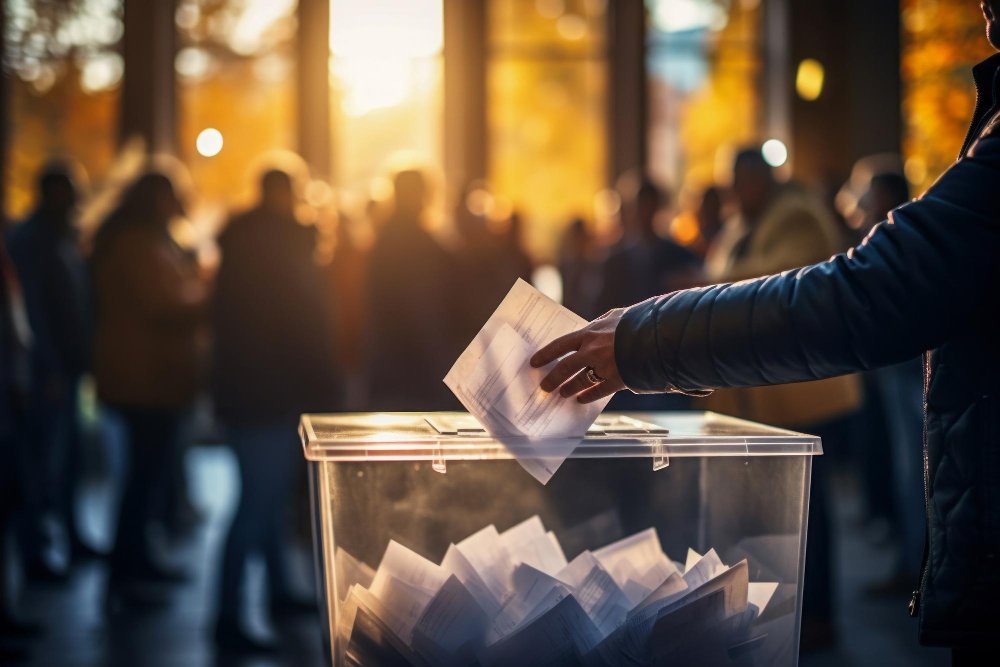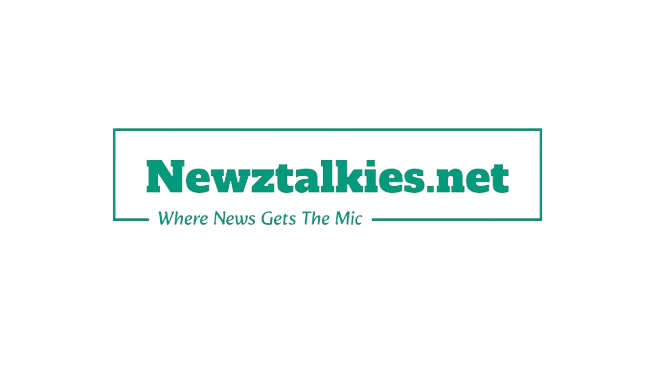In the digital age, news websites have become a primary source of information for many people, especially during elections. These websites are pivotal as they shape public opinion, inform voters, and influence the political landscape. However, the coverage and potential bias of news websites during elections have sparked significant debate. This article explores news websites and elections, the presence of bias, and the implications for democracy.
News Websites and Elections

News websites play a crucial role in elections by providing timely updates, in-depth analysis, and a platform for political discourse. They offer a range of content, from breaking news and feature articles to opinion pieces and live updates. This comprehensive coverage helps voters stay informed about candidates, policies, and election results.
Timely Updates:
One of the key advantages of news websites is their ability to provide real-time updates. During elections, these sites offer live coverage of events such as debates, rallies, and election night results. This immediacy ensures that the public receives the latest information as it happens.
In-Depth Analysis:
Beyond breaking news, news websites often provide detailed analysis of political developments. Expert commentators and journalists dissect speeches, debate performances, and policy proposals, offering insights that help voters make informed decisions.
Platform for Discourse:
News websites also serve as a platform for political discourse. They publish opinion pieces, letters to the editor, and reader comments, facilitating a broader conversation about the election. This engagement is vital for a healthy democracy, as it encourages diverse viewpoints and debate.
Coverage Patterns and Their Impact
The way news websites cover elections can significantly impact public perception. The selection of stories, framing of issues, and prominence given to particular candidates all influence voter opinions.
Story Selection:
News websites decide which stories to cover and which to ignore. This selection process can create a bias by emphasizing certain issues or candidates over others. For instance, a news site might choose to focus extensively on a candidate’s scandals while downplaying their policy proposals.
Issue Framing:
How a story is framed also matters. News websites can present information in ways that sway public opinion. For example, framing economic data positively or negatively can influence perceptions of the incumbent government’s performance.
Candidate Visibility:
The amount of coverage given to different candidates can affect their visibility and popularity. Candidates who receive more media attention are often perceived as more viable, which can impact their chances of success.
Detecting and Addressing Bias
Media bias in election coverage is a contentious issue. Bias can manifest in various forms, including selection bias, presentation bias, and corporate bias.
Selection Bias:
This occurs when news websites disproportionately cover certain stories or issues. For example, focusing heavily on a candidate’s personal life rather than their policies can skew public perception.
Presentation Bias:
This involves how news stories are presented. The choice of words, images, and headlines can subtly influence readers’ opinions. Positive or negative connotations in reporting can create an implicit bias.
Corporate Bias:
News websites owned by large corporations or individuals with political affiliations may reflect the interests of their owners. This bias can influence editorial decisions and the overall tone of coverage.
Fact-Checking and Transparency:
To address bias, some news websites have implemented rigorous fact-checking processes and transparency measures. Fact-checking helps ensure accuracy, while transparency about editorial policies and ownership can build trust with readers.
The Impact of Bias on Democracy
Bias in election coverage can have profound implications for democracy. It can distort the electoral process, undermine trust in the media, and influence voter behavior.
Distorted Electoral Process:
Biased coverage can distort the electoral process by giving undue advantage to certain candidates. When media coverage is unbalanced, voters may not receive a fair representation of all candidates, leading to skewed election outcomes.
Eroded Trust:
Persistent media bias can erode public trust in the media. When voters perceive that news websites are not impartial, they may become skeptical of all news sources, undermining the media’s role as a watchdog.
Influenced Voter Behavior:
Biased coverage can also influence voter behavior. Voters exposed to biased information may form opinions based on incomplete or misleading data, affecting their choices at the ballot box.
Efforts to Mitigate Bias
Recognizing the potential harm of biased election coverage, various stakeholders have taken steps to mitigate its impact.
- Media Literacy Education: Educating the public about media literacy can help voters critically evaluate news sources. Understanding how to identify bias, verify information, and seek diverse perspectives empowers voters to make more informed decisions.
- Independent Journalism: Supporting independent journalism is crucial for unbiased coverage. Independent news organizations are often less influenced by corporate or political interests, providing a more balanced perspective.
- Regulatory Measures: In some countries, regulatory bodies oversee media practices to ensure fair coverage. These regulations may include rules on equal airtime for candidates and transparent reporting standards.
- Public Accountability: Holding news websites accountable for biased coverage is essential. Public scrutiny, feedback, and watchdog organizations can pressure media outlets to uphold journalistic integrity.
Conclusion
News websites are indispensable during elections, providing essential information and shaping public discourse. However, the presence of bias in their coverage is a significant concern. Bias can distort the electoral process, erode trust in the media, and influence voter behavior. Addressing this issue requires a multifaceted approach, including media literacy education, support for independent journalism, regulatory measures, and public accountability. By striving for balanced and accurate election coverage, news websites can uphold their responsibility to inform the public and strengthen democratic processes.
